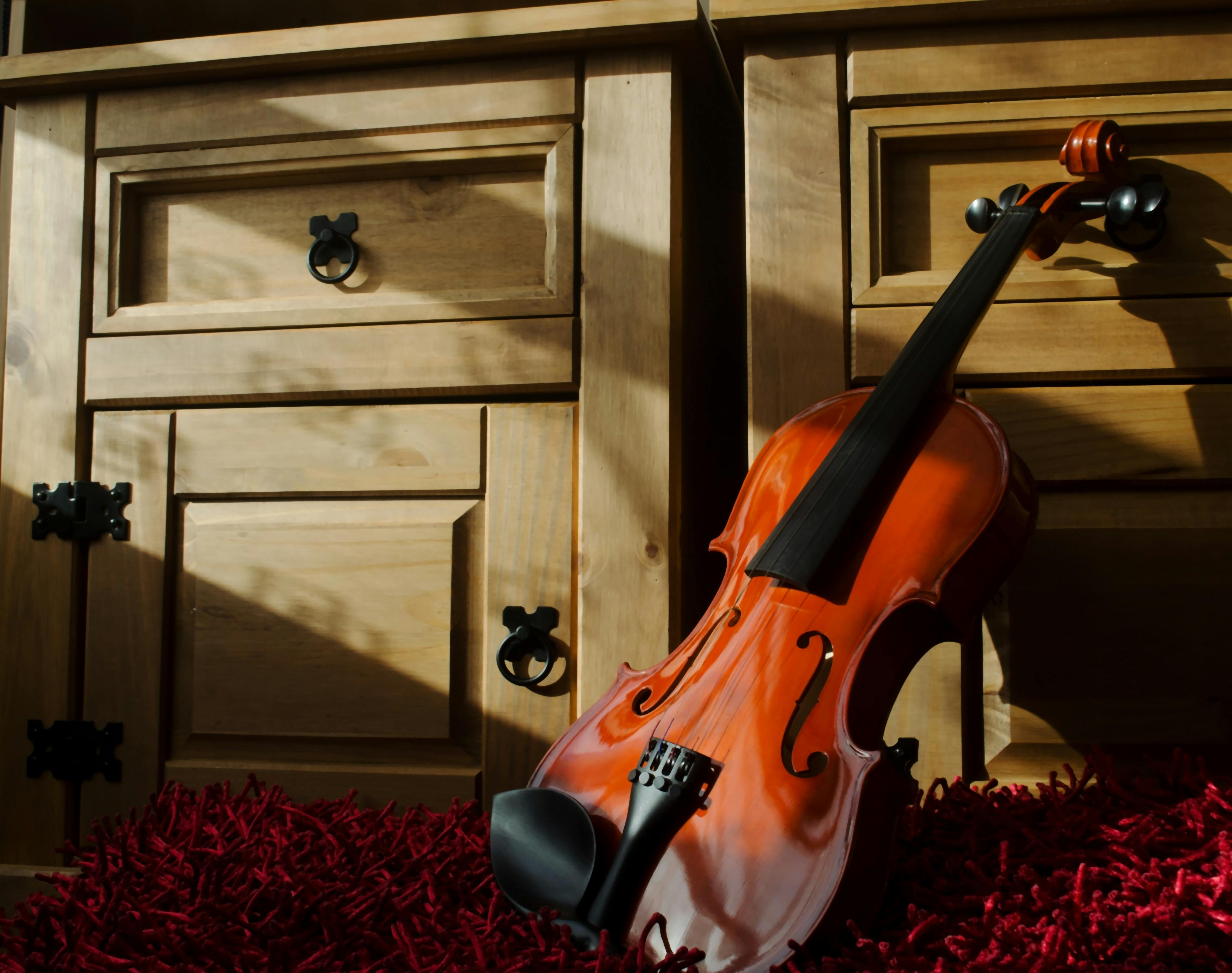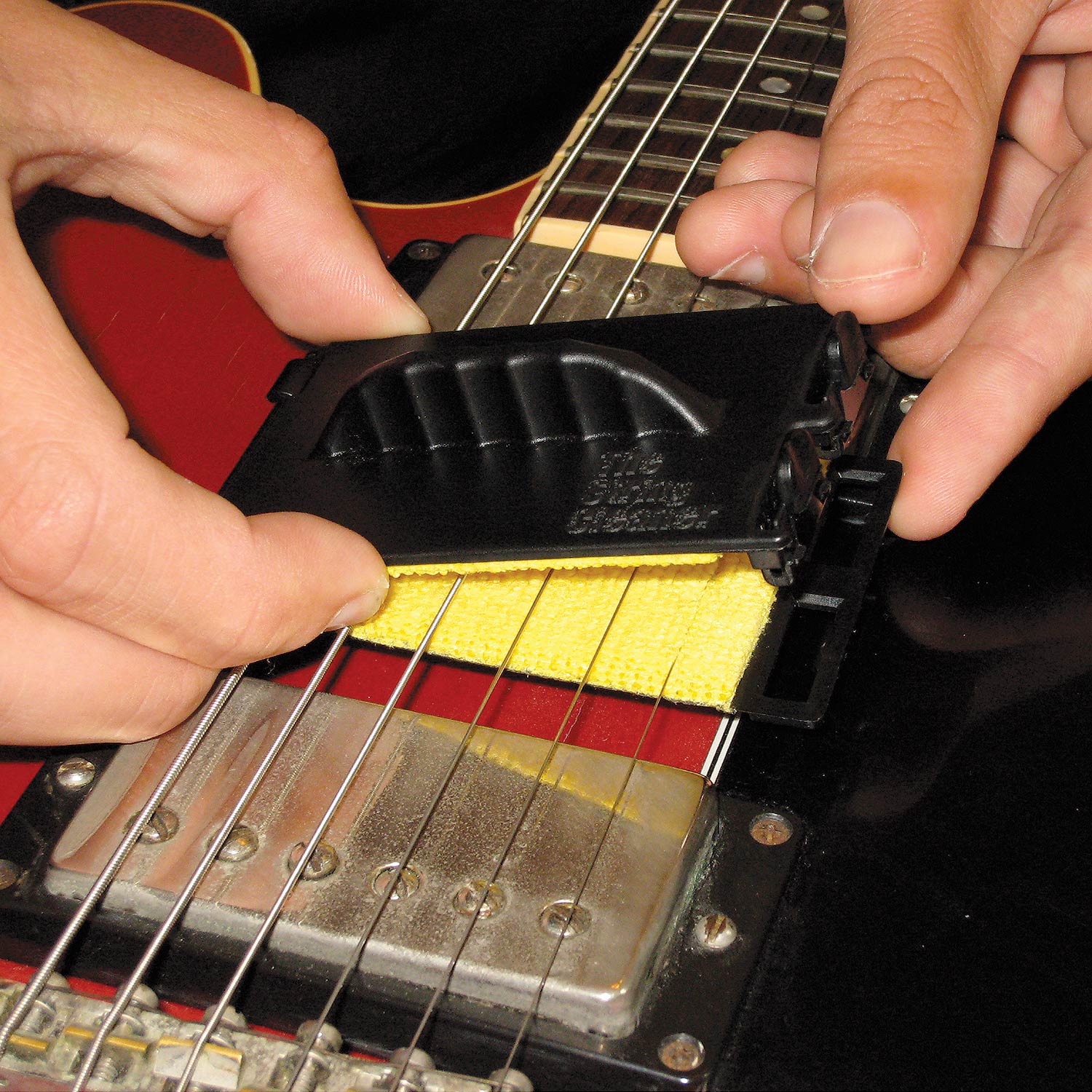

Be sure that whatever cloth you decide to use, it is best if it is white in color so that no other colors bleed onto the white keys. When cleaning your ivory piano keys, there is a mild solution of just warm water with a little bit of dish soap that will be sufficient and effective. Make sure you only use a little bit, a good rule here is one part vinegar to four parts water because the acid in the vinegar can cause damage if you use too much. The warm water and white vinegar solution are best for cleaning plastic keys since anything else over plastic (including soaps) can be too harmful. Make sure you remember to change cloths from white keys to black keys. Using a cheesecloth or flannel, make sure you wipe vertically down and take time to dry the keys in between wipes. If you want to simply disinfect your piano keys, the best solution is using some filtered water with white vinegar to wipe them down. Be sure to work brushing down to push the dust off of the keys. You can also dust your piano keys in between uses by using a soft paintbrush or soft-bristled brush or duster. Do NOT use spray disinfectants during cold/flu seasons, these can destroy the surface of your keys and the spray itself can carry into other parts of the piano (which will cause further destruction!)īefore you get to cleaning it is a good idea to dust off the keys first so that any surface dust is removed.Sometimes the paint can wipe from the black and then you will smear the whites. Do NOT use the same cloth when wiping black keys and white keys, use separate cloths.Do NOT wipe your keys from side to side, you risk moisture getting in between the keys and causing more harm.
#CLEANING ANTIQUE STRINGED INSTRUMENTS FREE#
You want to use cloths that are lint free and won’t leave any residue. Do NOT use paper towels when wiping them down.These cleaners are too harsh and will most likely damage your keys. Do NOT use chemically-based cleaners or polish.If you are preparing to take on the task of cleaning your piano keys, there are certain things that you should not be doing, so be sure to avoid them so that you do not cause more damage to your keys when cleaning: Ivory keys will look more yellow as they dirty over time.Ivory keys will have two parts joined together that you can visibly see.Plastic keys are smoother and have a clear-like coating on them.Ivory keys aren’t exactly white, but more off-white in color.If you are having trouble deciphering which, here are some things to take note of: But there are pianos (specifically, newer ones) that do have plastic keys, so make sure you know which kind you have before you proceed. The keys on a keyboard are plastic, while on an actual piano will be ivory.

There is a difference in how you will be cleaning plastic keys versus actual ivory ones. It is very important before you even begin to know what kind of material your keys are. However, there are a few things you need to be careful of: First: What Kind of Keys Do You Have?
#CLEANING ANTIQUE STRINGED INSTRUMENTS PROFESSIONAL#
Cleaning them can be done fairly easily at home without hiring a professional and saving you money and leaving your keys just like new. Even if you wash your hands regularly there is still going to be some wear on the keys.


 0 kommentar(er)
0 kommentar(er)
